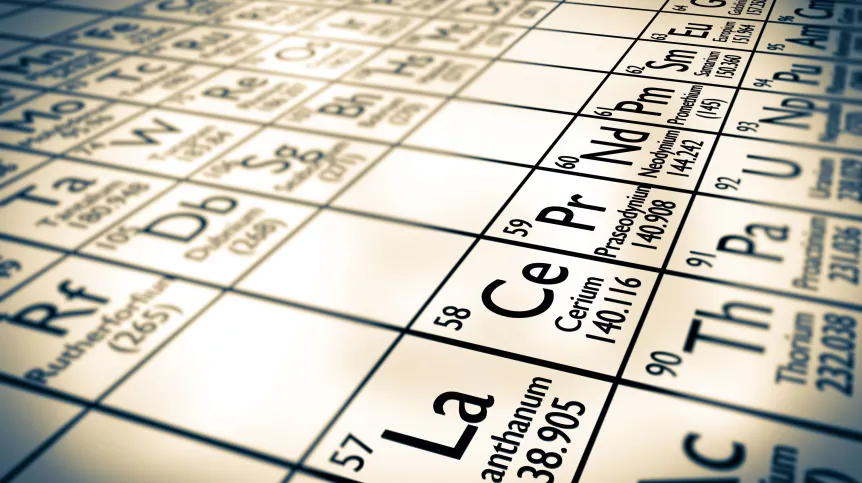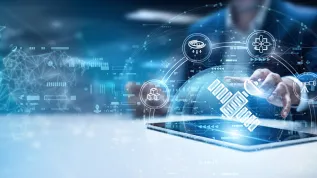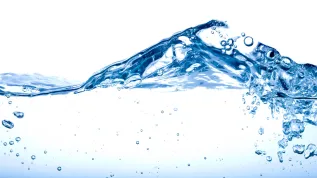
Scientists from the Maria Curie-Skłodowska University in Lublin are working on recovering rare earth elements from used batteries. These elements are used in the production of phones, laptops, wind turbines and electric cars.
According to the university’s head of Department of Inorganic Chemistry Professor Dorota Kołodyńska, the recovery of rare earth elements such as scandium, yttrium and lanthanides from waste equipment is an important topic because every year over 50 million tons of electrical and electronic waste are generated worldwide, about 8 million tons in Europe.
She said: “Rare earth elements are used in the production of laptops, computers, phones, wind turbines, electric cars, and even to mark money. The largest producers of rare earth elements compounds, and the places where they are mined, are China, the United States United States and Brazil.”
She points out that during the pandemic, when supply chains were broken, European countries felt the shortage of these elements, because the development of modern technologies is based on them.
Kołodyńska said: “I call them the gold of the 21st century, because without these elements we are in fact unable to function in the modern world. After all, we cannot imagine life without phones, computers, flash drives, modern medicine. Rare earth elements are valuable raw materials and, if we have no access to such deposits, we should at least make sure that they can be recycled from secondary materials.
“In recent years, mineral acids have been mainly used for this process, and our idea takes into account biodegradable agents, such as iminodisuccinic acid (IDHA) and ethylenediamine-N,N'-disuccinic acid (EDDS).”
The recycling company provides the researchers with batteries, from which the plastic parts are separated and the cover is removed.
Kołodyńska said: “We only use the part called black mass, where the elements we are interested in are concentrated. Then we subject the material to leaching, we wash out the elements with a mixture of biodegradable acid solutions. They form connections with rare earth metal ions and we are able to extract these elements.”
The next step is to separate the elements, one from the other, in the process of ion exchange. The expert points out that rare earth elements have similar physicochemical properties, similar atomic radius, and their separation is difficult.
Professor Kołodyńska continued: “By selecting the right concentration of solutions, the right amount of black mass, temperature, ion exchanger, etc., in the final stage we are able to obtain not a mixture of these elements, but solutions containing individual lanthanides, such as lanthanum, neodymium or holmium with a high degree of purity.”
The researchers described their research in a paper published in the Chemical Engineering Journal. The authors of the paper are: Katarzyna Burdzy - a doctoral candidate at the Department of Inorganic Chemistry, Institute of Chemical Sciences, Faculty of Chemistry, Maria Curie-Skłodowska University; Professor Yongming Ju from the South China Institute of Environmental Sciences, Ministry of Environmental Protection; and Professor Dorota Kołodyńska. (PAP)
PAP - Science in Poland, Gabriela Bogaczyk
gab/ joz/ kap/
tr. RL













